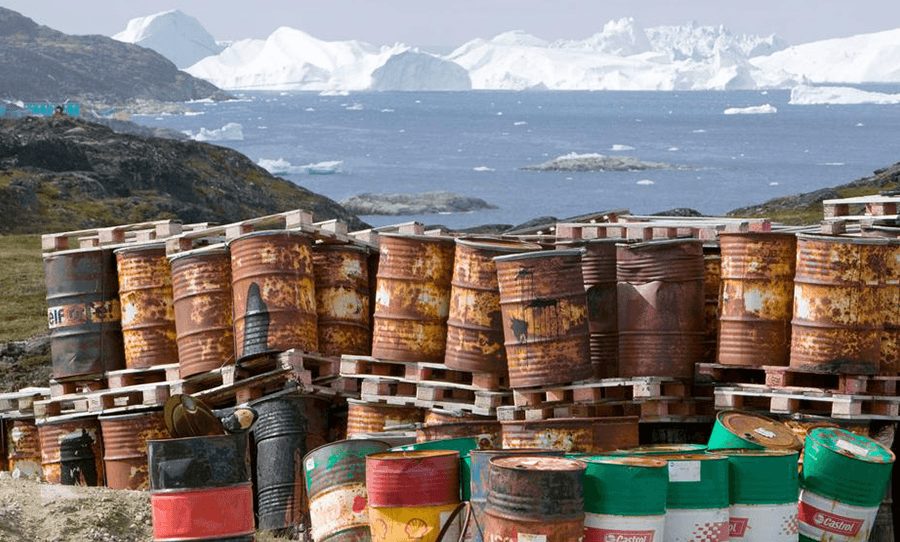Greenland are done with oil, gas and uranium exploration as the country sets its sights on a sustainable future.
The decision has been made by the island’s government with both financial and environmental factors influencing the embargo, making it the fifth European country to diminish plans for future oil exploration, after Denmark, France, Spain and Ireland.
In a statement regarding the commitment, the government elaborated, “This step has been taken for the sake of our nature, for the sake of our fisheries, for the sake of our tourism industry, and to focus our business on sustainable potentials.”

The European island are yet to call time on mineral mining, but fossil fuels are out of the question, making room for a future of sustainable sources of energy.
“The future does not lie in oil. The future belongs to renewable energy, and in that respect, we have much more to gain,” the statement continued.
This is a hefty decision for a small island like Greenland considering there is an estimated 18 billion barrels worth of oil to be mined on the west coast alone.
But according to the government, the cost to the planet far outweighs the financial profit that could be made from oil and gas exploration.
Climate change has becoming increasingly concerning for the people of Greenland in recent years, with average sea levels rising almost nine inches since 1980. About a quarter of that increase has been attributed to melting ice sheets in Greenland and Antarctica alone.
It’s probably wishful thinking, but if Greenland’s transition into renewable energy is financially successful, maybe even the more selfish governments will consider a move away from fossil fuels.



